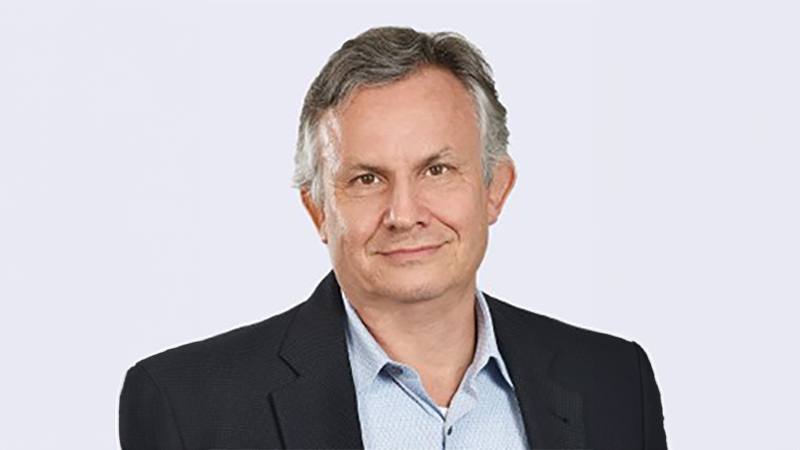As global growth accelerates, markets are recovering and displaying a few key characteristics which his strategies are aiming at.
According to King, equity markets are no longer rattled by macro worries. Markets have been resilient in the face of earnings downgrades, so that earnings forecasts have stabilised. However, he warned that the recent stabilisation of earnings forecasts could lead to a market re-rating.
“I’m not buying on the basis of equities growth, and wouldn’t be surprised to see an equity re-rating. Taking the 2.5 – 3 year view, we can expect one year to be difficult and one year to be good for equities,” he said.
Additionally, innovation is going viral faster than ever as the speed of technology adoption increases.
“Companies are going from start-up to large cap faster than ever before,” King said.
Lesson one: avoid “dinosaur” stocks.
These stocks include companies such as BP, Vodafone and AstraZeneca, which King described as large lumbering giants which struggle to adapt to a changing world.
“The best hope for investors is that they get eaten by another dinosaur,” he said.
Lesson two: passive investing – you get what you pay for
“Indices are overweight with dinosaur stocks and underweight with the stocks of tomorrow,” according to King.
He does use passives, as they are easy to trade, low-cost and liquid. But King stressed the importance of active management when it comes to stock picking.
Lesson three, “cheap” is often expensive while “expensive” can be cheap.
King cited the example of eBay, which floated in 1998 at 800 times historic net income, but growth brought the rating down to low double digits in 2010. Conversely, he also pointed out the price per earnings ratio of HP, which was 21 in 1998 and fell below 10 in 2011. It is currently sitting at 12.2.











